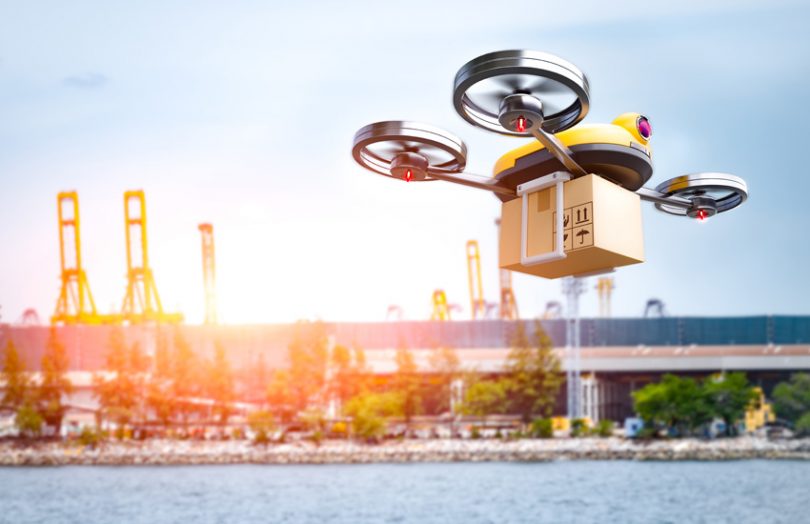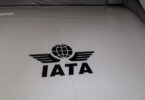SkyGrid, a drone software company owned by Boeing and AI company SparkCognition, has released a report on “The Power of Blockchain in Unmanned Aviation”. It explores the benefits of blockchain for drone technology and outlines practical examples.
Drones have shown the potential to transform industries, automate tasks, and uncover new data sets. Demand for them is already booming, and it is estimated that by 2023 commercial drone shipments will hit 2.9 million units, according to Frost & Sullivan.
However, the two challenges that threaten to limit their potential are public safety and airspace authorities’ ability to manage the growth.
Article continues …

Want the full story? Pro subscribers get complete articles, exclusive industry analysis, and early access to legislative updates that keep you ahead of the competition. Join the professionals who are choosing deeper insights over surface level news.






